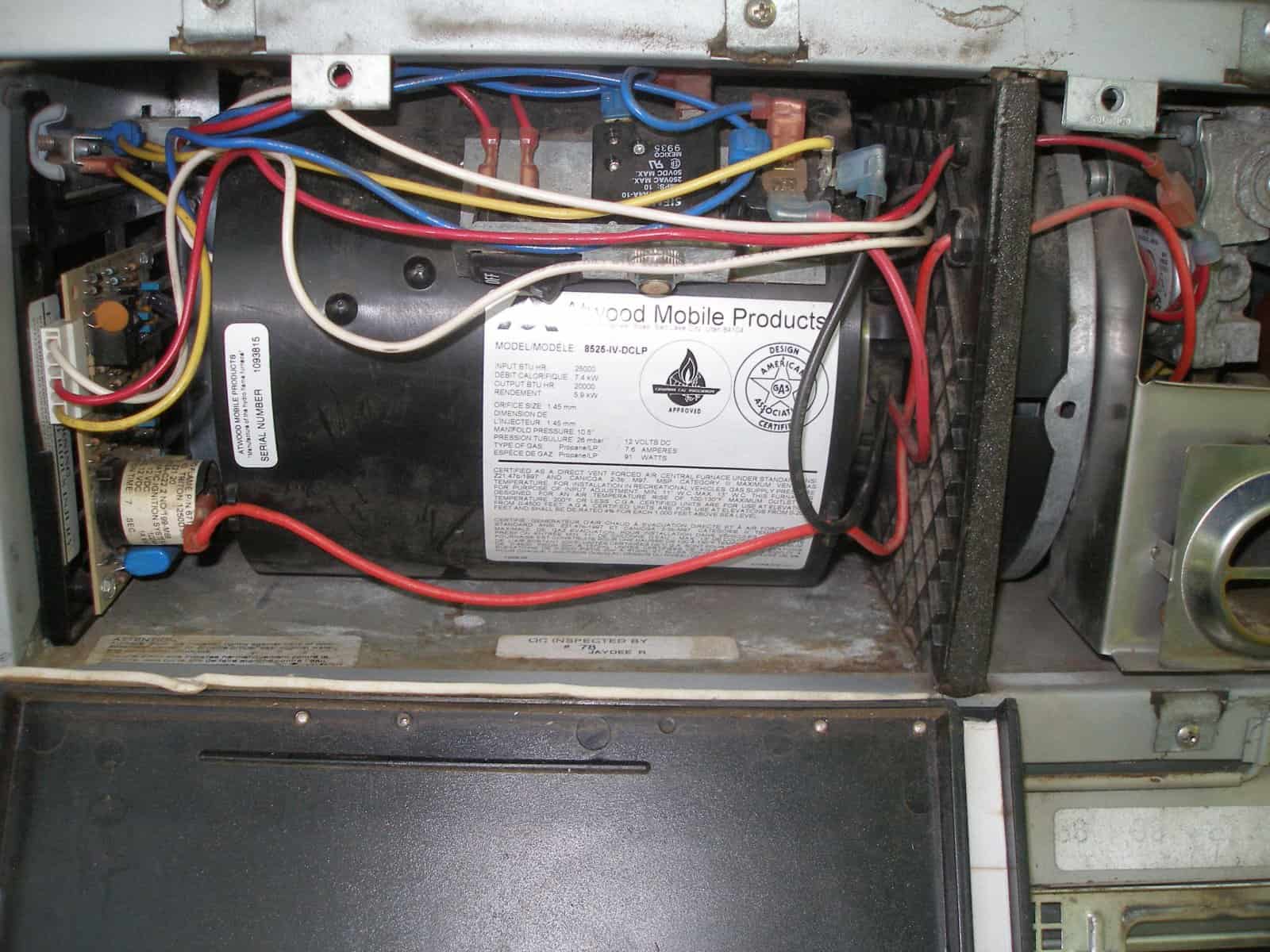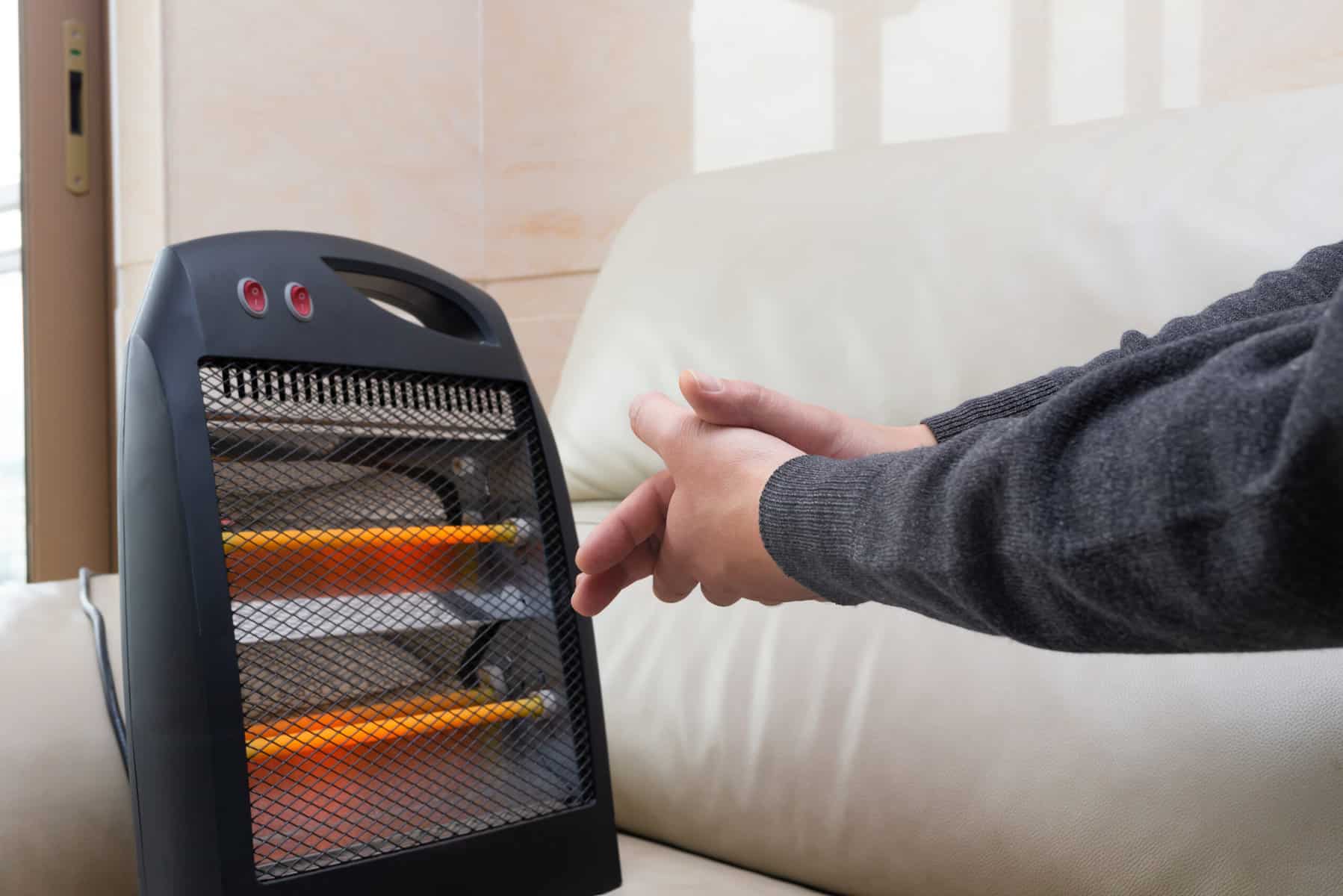The RV life is great for fun Instagram photos, but as any seasoned road tripper knows, safety comes first. One of the significant concerns with RV living? The potential for an unsafe RV propane leak.
YouTube is flooded with videos of explosions caused by RV propane leaks, and they aren’t exaggerating. This might sound all gloom and doom, but we’re here to arm you with the knowledge to prevent a leak and, heaven forbid, handle leaking RV propane if it occurs.
Understanding the Risks of Unsafe RV Propane Leaks
First, let’s understand why this topic such a big deal. Propane is essential for RVing, but:
It’s flammable
Leaky propane leads to potential fires or even explosions.
And a carbon monoxide source
Propane leaks could result in carbon monoxide poisoning. And remember, carbon monoxide may be lighter than oxygen, but it will still mix with the air. Always install detectors!
Also an Asphyxiation Risk
An unsafe RV propane leak displaces oxygen, which could suffocate those inside the RV.
Indicators of a Leaky RV Propane System
Your nose is your first tool. Propane can smell like rotten eggs or even skunk spray. But don’t just trust your olfactory senses. Watch out for:
Light-headedness or disorientation
A sudden drop in your RV propane supply
Yellow or orange flames (instead of blue) in your propane appliances
Hissing sounds coming from your RV propane tank
Vomiting and convulsions (in extreme leak situations)
How to Manage an Unsafe Propane Leak
If you’re unlucky enough to detect a leak, act swiftly and safely:
1. Evacuate and Disconnect
Get everyone out of the RV. Do not turn on lights, appliances, or even your cell phone. Shut off all propane valves.
2. Ventilate
If safe, open all windows and doors of the RV for ventilation.
3. Locate the Leak
A simple trick? Soapy water. Apply it to the connections. Bubbles? You have a leak. No bubbles after tightening the connections? You’ve averted the crisis.
4. Call in the Experts
Do not re-enter the RV until a professional declares it safe. They’ll help locate and fix any issues, ensuring you’re safe for your next adventure.
How to Avoid an RV Explosion Caused By Leaking Propane
The old saying “Prevention is better than cure” applies to RV ownership. And it’s especially true when it comes to maintaining RV propane systems. Here’s how to avoid blowing up your RV because of leaky propane:
- Regular RV Maintenance and Inspection: Just as you’d take a car for a tune-up, your RV needs periodic check-ups, especially the propane system. Install an inexpensive RV propane leak detector. Check your RV propane system for leaks, loose connections, or damaged components.
- Safe Storage: Store propane tanks outside the RV in a well-ventilated area. Always turn off unused propane appliances.
- Educate Yourself: Familiarize yourself with the RV’s propane system and consult with certified RV technicians regularly.
The Final Word on RV Propane Leaks
Your RV should be a haven of relaxation and fun, not a ticking time bomb. With regular RV maintenance, vigilance, and a little knowledge, you can ensure that unsafe RV propane leaks remain a topic of conversation, not a tragic reality. Always prioritize safety over convenience. Shut off your RV refrigerator when driving, especially at gas station stops. Remember, like any home, your RV requires love, attention, and a little bit of elbow grease. Safe travels!
Learn About RV Propane Maintenance and Other Important Care Tips
The RV LIFE Maintenance system helps you remember annual RV care, fuel, documentation and receive email alerts. Motorhome, fifth wheel, or any kind of RV you will be on your way to keeping your family safe while protecting your investment



